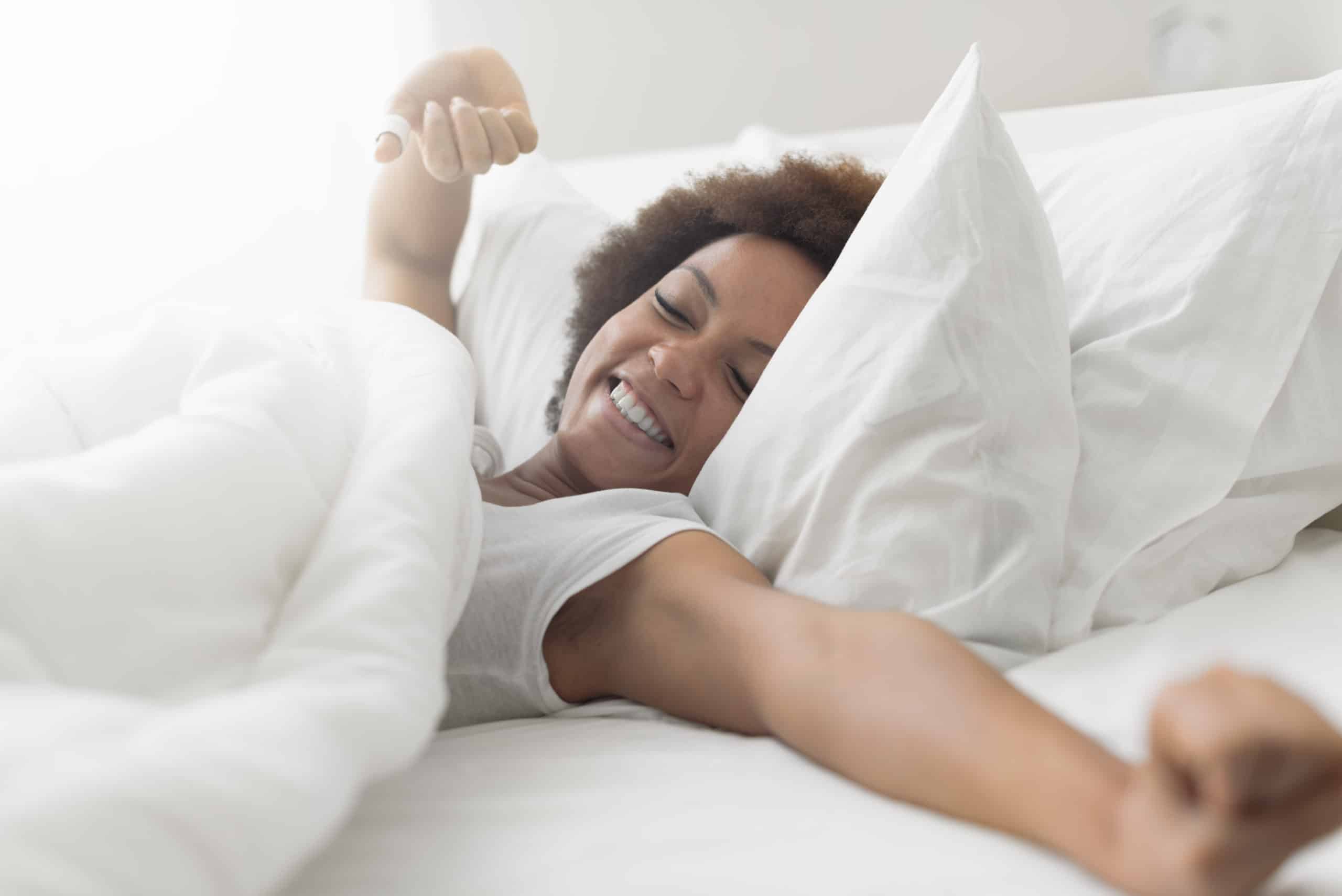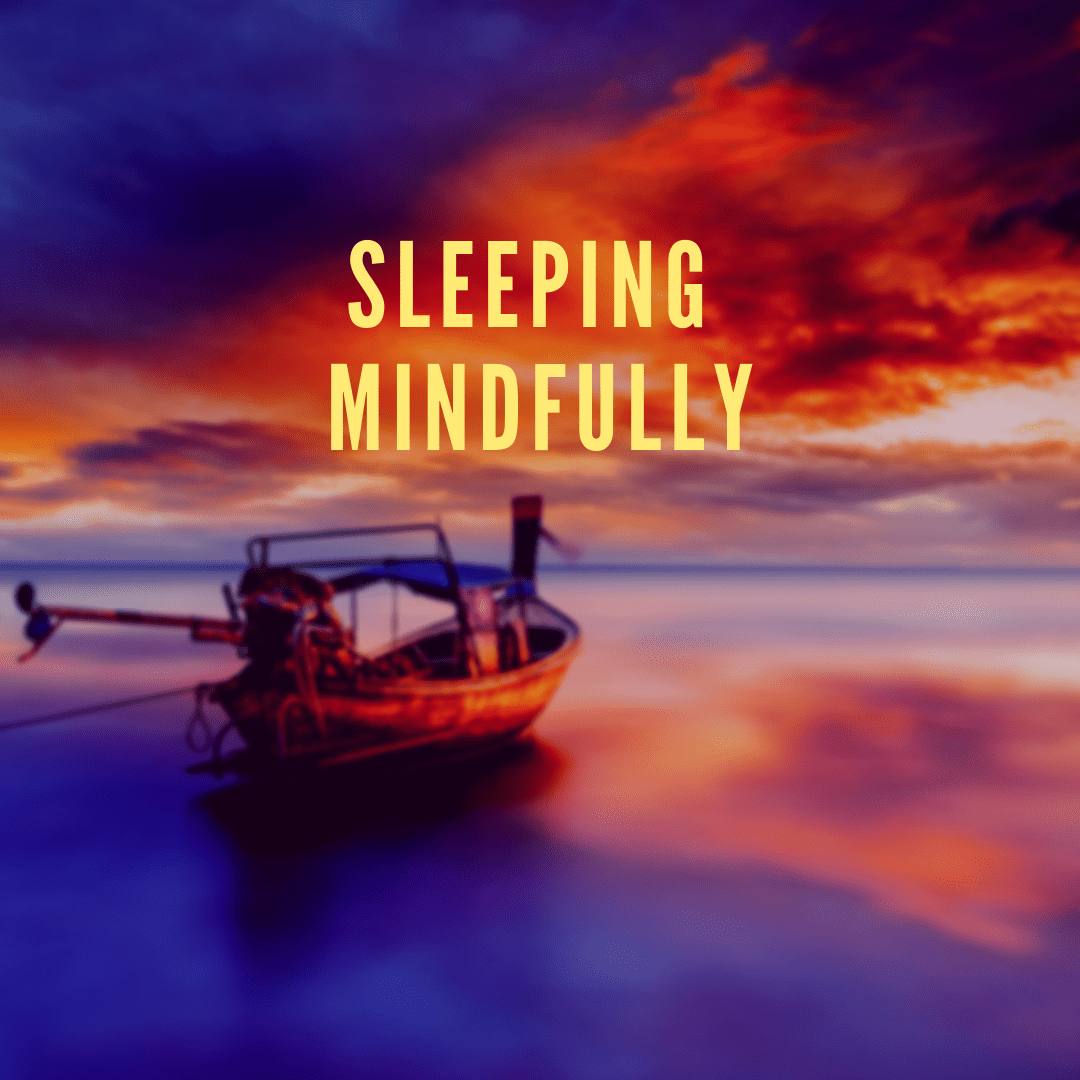Sleep and Happiness
We’ve all heard the old adage “Sleep on it: everything will look better in the morning”. Despite this seeming both intuitive and obvious, even something our grandmothers knew to be true, the precise role of sleep in affecting mood and emotions is yet to be fully understood. Nevertheless, there does seem to be something unique about sleep that gives us the ability to think more clearly about and better respond to an emotional situation.
Sleep and Emotions
We are all aware ourselves, in our own day to day lives, of how our daily emotional experiences influence our nightly sleep and, in turn, how our sleep has an impact on our daily mood. When we are well-rested, we are better able to deal with the challenges life throws at us daily; when we haven’t slept well we feel irritable, snappy and overwhelmed. Everyday life can therefore play out very differently if your brain is well-rested.
Clinical Studies confirm Sleep is linked to Happiness
Clinical research increasingly confirms that sleep plays a critical role in mental health and the optimal regulation of affect, mood and emotion. Generally, sleep loss has been shown to increase the experience of negative emotions, reduce the occurrence of positive emotions and alter the ways in which individuals understand, express and modify these emotions. By contrast, sufficient good quality sleep is linked to improved emotional wellbeing, with 65% of adults who sleep over 7 hours report excellent mental health. Sleep then, is intrinsically linked to our happiness.
A survey of over 8,000 adults in the UK found that sleep has the strongest association with wellbeing. The Living Well Index, created by researchers at Oxford Economics and the National Centre for Social research, found that a good sex life, job security, health of close relatives and strong connections in the community are all linked to happiness, but sleeping was the most important factor of them all. Surprisingly, income had a weak association with wellbeing.
Even when people describe their own levels of happiness, being well-rested comes out on top: researchers Daniel Kahneman and Alan B. Krueger found, in their research on life satisfaction, a direct correlation between sleep quality and overall happiness. In fact, they found sleep quality was the single most influential factor in rating daily mood, too. A recent Gallup poll got the same results: people who get adequate sleep are more likely to rate their lives as happier.
Several studies have demonstrated that nights of adequate sleep are followed by days with better social interactions, emotional recovery from negative events, and more appropriate emotional reactions to disruptive events at work. Better sleep quality predicts higher positive mood, lower negative mood and reduced odds of encountering stressors the following day. Positive events at home were also associated with better subsequent sleep quality. Even at “low doses”, sleep can improve mood: one study showed that a short daytime nap improved mood, defined as pleasantness, satisfaction, and relaxation.
But……Happiness also impacts Sleep
Not only does the quality and amount of sleep influence the way we react to events in our waking day, but daytime events also affect the quality of our sleep. Happiness and well-being are associated with fewer sleep problems: one study showed that not only does positive mood seem to result in better sleep quality, but a positive attitude also seems to buffer against the negative effects of financial strain, social isolation and psychological distress on sleep.
A good night of rest then, seems to help us to feel good and to be able to cope with the emotional and cognitive challenges of the next day. Sleep seems restorative in daily functioning, whereas deprivation of sleep makes us more sensitive to emotional and stressful stimuli and events. Sleep disturbances not only restrict our daily happiness, but may even have a prognostic meaning in predicting mental well-being, emotional reactivity and the development of mental health disorders. What is less clear is whether people who sleep more are happier or people who are happier get more sleep.
Nevertheless, what is clear is that getting enough sleep is associated with better health and greater happiness, so put down that phone, turn off the TV and turn into bed, and look forward to a brighter tomorrow….
For further information on our workshops on sleep science and solutions please see our section on sleep and relaxation or contact us.

Published: Wednesday 18 December 2019
Written by: Dr Allie Hare, Physician and Sleep Medicine Expert



